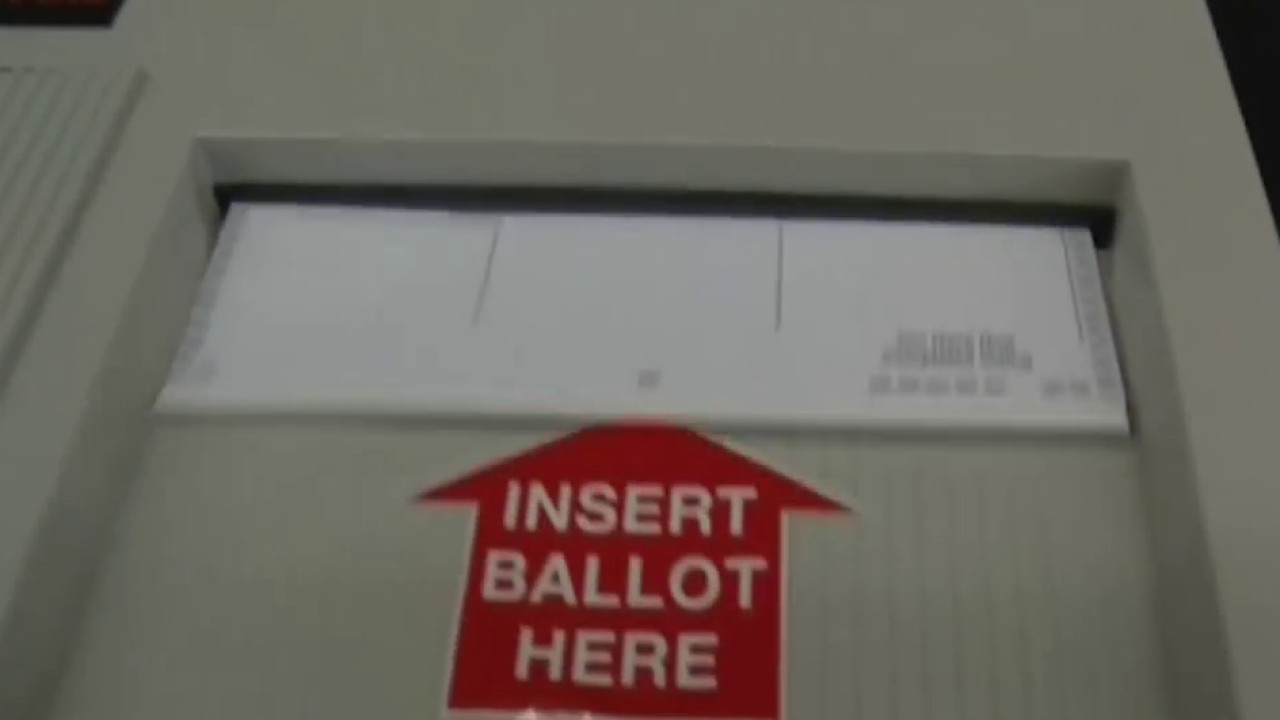A mammoth plan to save nuclear power plants in Illinois, derided as a corporate bailout by consumer advocates but hailed as a leap forward in energy-efficiency by environmentalists, faces an uphill climb this week in the final days of the General Assembly's fall session.
What began as a means of rewarding Exelon Corp. for generating "clean" nuclear energy and of keeping open unprofitable plants in Clinton and the Quad Cities has evolved into a far-reaching, if contentious, revamp of state energy policy.
Here are some questions and answers about the proposed legislation:
Q: What is Exelon's rationale?
A: The company says despite producing no harmful greenhouse gases, nuclear-generated electricity doesn't benefit from financial incentives like solar- or wind-powered generators do. Also, it says, the Quad Cities Generating Station in Cordova and the plant in Clinton are unprofitable and both must be closed by summer 2018.
Exelon says that would result in 4,200 lost jobs and higher power bills for ratepayers.
The proposal, Exelon vice president Joe Dominguez said in a statement last week, "will strengthen Illinois' commitment to clean energy, deliver billions of dollars in savings from energy efficiency" provide financial help for low-income consumers and save $1.2 billion in economic activity associated with the Quad Cities and Clinton plants.
Local
Q: And the opposition says?
A: Consumer groups, led by the nonprofit BEST Coalition, argue the plants aren't needed and keeping them open will cost ratepayers more anyway. BEST director Dave Lundy says Illinois plants produce 41 percent more power than consumers can use, meaning the excess electricity is exported and higher rates for Illinois consumers will subsidize out-of-state users.
"It's simply not a problem if we lose these plants," Lundy said.
Q: How much will the Exelon subsidies and related programs cost?
A: BEST Coalition tabbed it at $24 billion over the next two dozen years, calling it "the largest rate hike in U.S. history." Last week, add-on incentives to lure support from coal-power generators were dropped, and with other tweaks last week, a consultant study for BEST now puts the price at $16.4 billion.
Exelon did not immediately estimate the cost, although the carbon-free emissions credit would be worth $285 million a year.
Q: Why are environmental groups on board?
A: Because the legislation includes energy-efficiency programs that the Natural Resources Defense Council, the Illinois Chapter of the Sierra Club and the Citizens Utility Board say would save money by lowering demand for electricity, piggybacking on a landmark efficiency standard for investor-owned utilities that Illinois lawmakers adopted in 2007.
"That savings is key to ensuring all the bill's benefits come without increase to consumer energy bills," said Nick Magrisso of the NRDC.
Proponents say BEST's cost estimate is inflated. An NRDC-coordinated study estimates the program cost at $4.1 billion, but savings of $11.1 billion — a net $7 billion — and that every $1 spent on energy efficiency in Illinois saves $3 in electric bills.
Q: What is Gov. Bruce Rauner's position?
A: The Republican warmed to the proposal after a contentious peak-demand pricing plan was dropped. It would have reduced a fixed rate but based electric bills on the monthly average of the 30-minute period each weekday a consumer uses the most power instead of overall monthly consumption. The company had argued seven in 10 customers would have saved money, but critics said it would create unpredictable price spikes.
Rauner wants to protect the Clinton and Quad Cities jobs, but fears soaring power rates.
"We can't have our energy costs go through the roof or we'll lose more jobs," Rauner said in Chicago last week. "If we raise the energy costs for entrepreneurs that need to consume a lot of energy, they have to lay people off. Saving some jobs at a plant won't matter. So we need a balance."
Q: Will any of this matter if President-elect Donald Trump scraps federal clean air rules pushed by his predecessor, Democrat Barack Obama?
A: Exelon loses a vital piece of its argument if Trump kills the Clean Power Plan, because saving carbon-free nuclear plants makes more sense than coal-fired plants scheduled to be shut down. If Trump follows through, prices could stay constant and Illinois consumers would be paying more for power that's exported — essentially subsidizing out-of-state customers.
"That's exactly part of the argument that we've been having," Rauner said. "How do we help those plants stay functional and competitive without having Illinois taxpayers unfairly subsidize people who aren't even in Illinois?"
The bill is SB2814.



